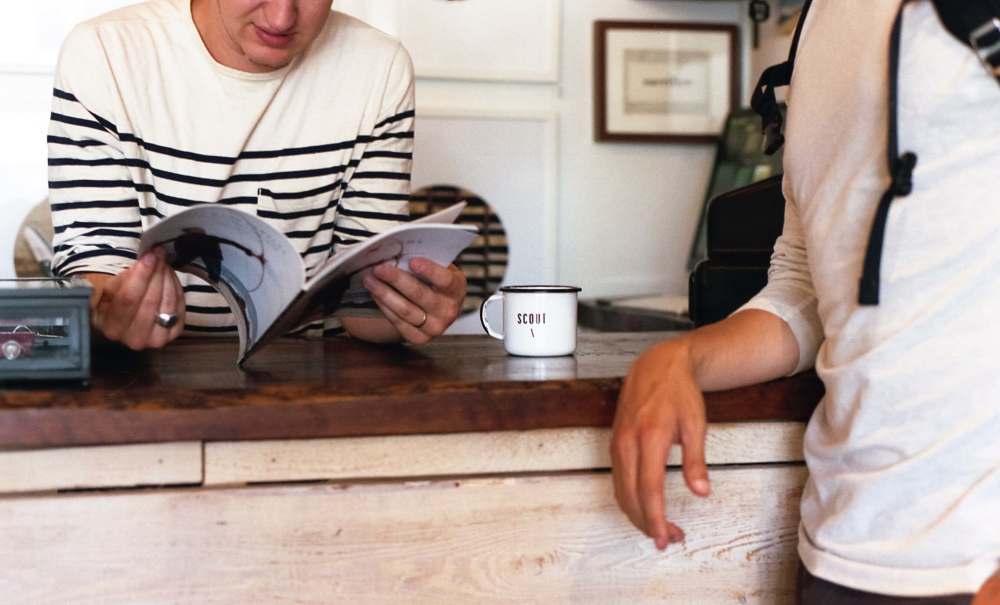5 things tenants should know about rent deposits

The scratch on the wall dates from moving in, there’s a ring mark on the kitchen worktop (oops) and the lounge wallpaper’s peeling in one corner (that’s definitely not your fault). And so the wrangling begins. You’ll forfeit some of your deposit, but how much? And how quickly will the rest be repaid so you can fund your next home move? If only the process was faster and easier...
Now it is. The Zero Deposit™ Guarantee was developed to make renting more affordable and fair by providing an alternative to traditional tenancy deposits, and one of our aims is to speed up the resolution of end-of-tenancy disputes. If you’re about to sign a rental agreement, or reviewing your rights as your tenancy ends, you might find it useful to think about the following points:
1. Your landlord should be using a deposit scheme
If you rent your home on an assured shorthold tenancy that started after 6 April 2007, your landlord must put your deposit in a government-backed tenancy deposit scheme. Government backed schemes include the DPS (Deposit Protection Service), mydeposits and the Tenancy Deposit Scheme (TDS).
2. Making time to read your rental agreement is key
We know there’s a mountain of information to get through when you rent a property, but it’s important to understand exactly what you are signing up for. When you’ve read the documentation, keep it safe until the deposit is paid back to you.
3. There are things that your landlord can’t deduct for at the end of your deposit
Your landlord can’t claim for general wear and tear, or damage caused by issues they have been told about, but failed to resolve. The Citizens Advice Bureau points out that landlords can’t claim for decorating a whole room if you’ve just left a few scuff marks.
4. The inventory is very important
We know that checking an inventory isn't the first thing on your mind when you move into a new home, but it's important to check the description is accurate. An inventory should contain detailed information about the condition of the property you are renting. If there is a dispute when you check out, you may need to review the inventory report so you can compare descriptions.
5. Sometimes councils pay your security deposit - check the facts
If your local council has paid your deposit or guaranteed it through a bond scheme, they will have to pay your landlord if money is owed. However, the council is likely to claim it back from you.
The good news is that if you’ve paid all your rent and have left the property in the same condition as you found it – apart from some normal wear and tear – you should get your money back within a couple of weeks, but you may wait considerably longer if there’s a dispute.
Unfortunately, some rent deposit schemes take longer than their stated deadline of 28 days to sort out disputes. In those cases tenants are unable to access their cash – which may be needed for a future home move – and landlords are stuck with long void periods while they wait for the sum they need for repairs and redecoration to come through.
This is the reason why so many tenants and landlords are turning to Zero Deposit. Instead of finding five weeks’ rent at the start of a tenancy, tenants pay the equivalent of just one week’s rent, while landlords are covered for six weeks. Any disputes arising from a Zero Deposit guarantee are handled by our expert evaluation partner, The Dispute Service (TDS). Of course, you’ll still have to pay for any damage that you might cause or rent that you might owe, so we recommend keeping some cash in reserve towards the end of your tenancy, just in case.
Zero Deposit helps you keep hold of your hard-earned money at the start of your tenancy, leaving you free to spend it on the things you love. Find out more about how our guarantee works for tenants.